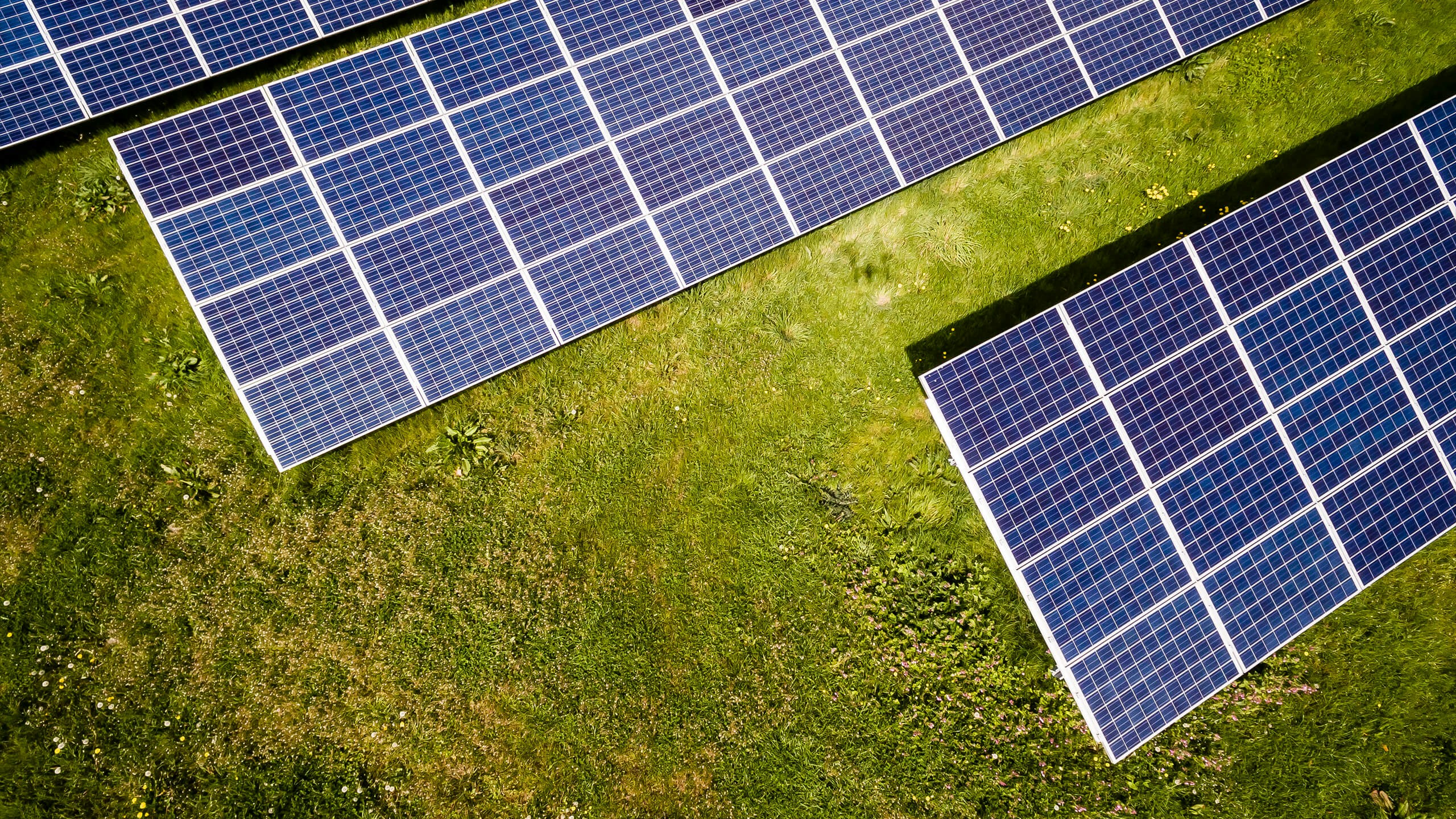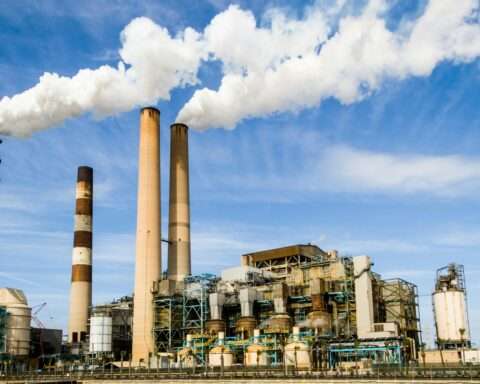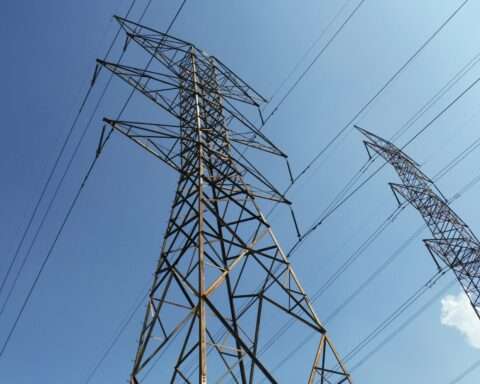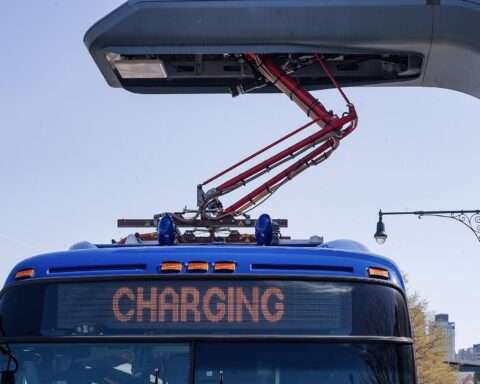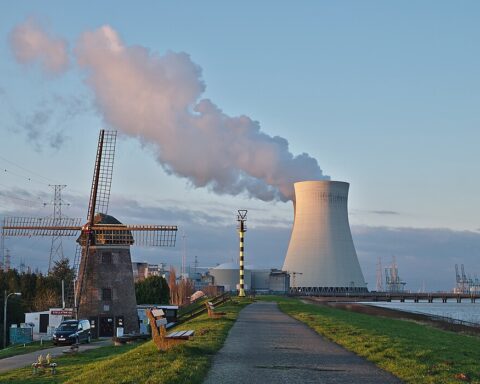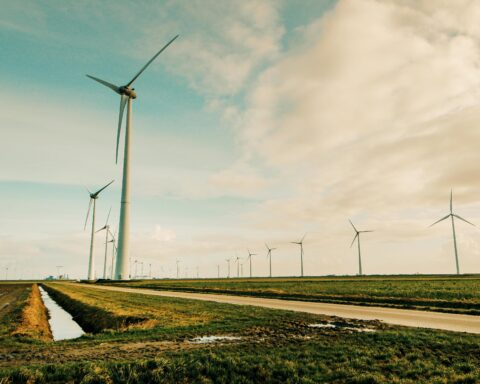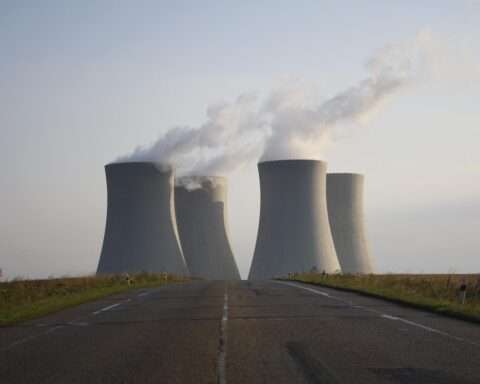The island of Puerto Rico is about to get a major upgrade to its electrical grid. The U.S. Department of Energy (DOE) has finalized an $861 million loan guarantee to finance utility-scale solar and battery storage installations in the U.S. territory.
This investment, known as Project Marahu, marks a significant step in the island’s transition to clean, reliable energy and its recovery from recent hurricanes that battered the island’s grid.
RELATED: FEMA allocates $3.2 billion for U.S Virgin Islands hurricane disaster relief
As the U.S. looks to transition its electrical grid away from dependence on fuels that pollute the atmosphere, solar has power has seen explosive growth in recent years. In the wake of natural disasters such as 2020’s Tropical Storm Laura and 2017’s Hurricane Maria, Puerto Rico’s power grid suffered major hits, leaving much of the island in the dark. Project Marahu represents a dual solution by investing in clean solar along with battery storage that can be deployed in an emergency.
While Puerto Rico has seen a surge in rooftop solar installations in recent years, utility-scale projects like Marahu are essential for the island to reach its clean energy goals. Energy consulting firm Wood Mackenzie estimates that over the next 10 years, more than 90% of solar power production in Puerto Rico will come from distributed resources like rooftop solar, as reported in Canary Media.
Project Marahu will add 200 megawatts (MW) of solar capacity and up to 285 MW of battery storage to Puerto Rico’s grid. The project comprises two solar photovoltaic farms with battery storage and two standalone battery energy storage systems, which will be located in the municipalities of Guayama and Salinas. The project is expected to produce enough energy to power about 43,000 homes at once.
The loan, provided through DOE’s Loan Programs Office, is being made to Clean Flexible Energy LLC, an indirect subsidiary of AES Corporation and TotalEnergies Holdings USA, Inc. It’s financed through the Energy Infrastructure Reinvestment program created by passage of the 2022 Inflation Reduction Act.
The investment aligns with Puerto Rico’s ambitious climate goals, which include phasing out coal-fired power by 2028 and achieving 100% renewable energy by 2050. Currently, the island relies on fossil fuels for more than 90% of its electricity generation, with renewables providing only 6% as of 2022.
Beyond its environmental benefits, the project is set to create approximately 750 construction jobs and more than 50 full-time positions once fully operational. Through the job creation and location of the project, it also fits the qualifications of the White House’s Justice40 Initiative, which aims to ensure that 40% of the overall benefits of certain federal investments flow to historically disadvantaged communities.
Project Marahu is expected to come online in 2025, marking a major milestone in Puerto Rico’s journey towards a cleaner and more resilient electrical grid.
Photo by Andreas Gücklhorn on Unsplash



